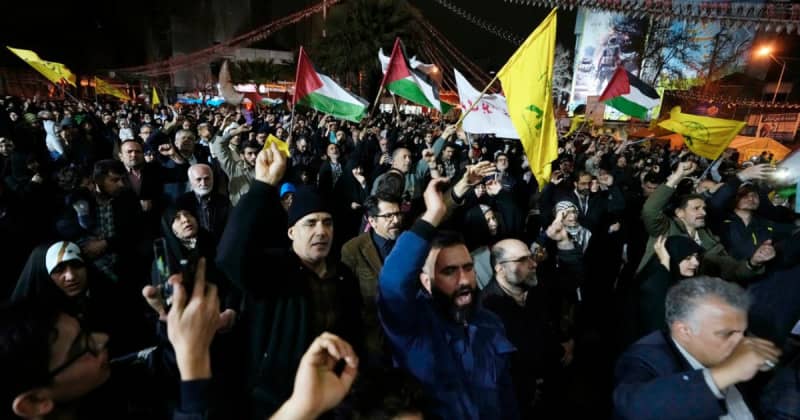
Amira Hass, an Israeli Gaza expert, has undergone a profound transformation in his perception of Hamas following a recent attack in Gaza. Previously, Hass had sought to humanize the Palestinians in Gaza through his work as a reporter, author, and documentarist. However, witnessing the brutality of the Hamas attack and viewing the bodycam footage of the attackers has left him in deep shock. He now compares their behavior to that of the Nazis and the Holocaust, recognizing the group as one that cannot be reasoned with.
Hass believes that Hamas has neglected its responsibilities to the people of Gaza, diverting resources from civilians to violence. He points to the influence of Hamas leader Yahya Sinwar, known for his cruelty, and the indoctrination of children in Gaza towards violence. While acknowledging that Hamas can be defeated militarily, Hass acknowledges that it cannot be eliminated as an ideological movement.
Pessimistic about the possible solutions after the war, Hass criticizes Prime Minister Benjamin Netanyahu's strategy of weakening the Palestinian Authority. He concludes that the Israeli government has failed to contain Hamas and warns that the group can be rebuilt in the future.
In a separate article by Howard W. French in Foreign Policy, the role of atrocities and their retelling in the Israel-Hamas war is explored. The article discusses the historical context of atrocities committed by both sides and how they have been used to justify and escalate revenge tactics. It highlights the impact of rape as a weapon of war and the manipulation of claims of rape for propaganda purposes. The article also examines the current conflict between Israel and Hamas, discussing the use of indiscriminate attacks on civilian populations and the dehumanization of the enemy. It concludes by emphasizing the importance of giving all parties the opportunity to explain their actions and the need for a forensic understanding of what actually happened.
Douglas Murray, in his article, compares Hamas to the Nazis, arguing that while Hamas may not have committed genocide on the same physical scale as the Nazis, their belief systems, impulses, and instincts make them qualitatively worse. Murray highlights how Hamas livestreams their atrocities, takes hostages including babies and children, and uses human shields. In contrast, the Nazis hid their crimes and did not film themselves committing atrocities. Murray also discusses the difference in the Nazis' approach to sexual violence and Hamas' orders to rape Jewish women. He concludes that Hamas is even more anti-Semitic than the Nazis and calls for their complete eradication.
The article by Victor Davis Hanson further highlights the actions of Hamas and its supporters in the conflict between Israel and Hamas. It mentions the violence perpetrated by Hamas, including the murder, torture, rape, decapitation, and mutilation of Israelis. The article criticizes the praise received by Hamas from the Middle East, the international hard left, and some Western campuses. It also mentions the tactics used by Hamas, such as hiding in subterranean cities and using hostages as bargaining chips. The article questions the self-identification of Palestinians as refugees while ignoring the expulsion of Jews from Arab cities. It mentions the historical presence of Jews in present-day Israel and criticizes the colonization and settlement practices of Arab Muslims in other countries. The article accuses Hamas of violating the rules of war by not wearing uniforms, using civilians as shields, murdering noncombatants, and executing civilians without trial. It questions the motives of those who express hatred towards Israelis but remain silent on other conflicts involving non-Jewish perpetrators.
According to a recent poll, 91% of Palestinians believe that Hamas has not committed war crimes. This perception highlights the complexity of the Israeli-Palestinian conflict and the challenges of finding alternatives to retaliation. The Israeli retaliation against Hamas attacks has resulted in widespread devastation in Gaza, leading to outcry from pro-Palestinian groups. The severity of sentences for convicted murderers is often determined by their level of remorse, adding another layer of complexity to the situation. The article acknowledges the difficulty of finding an alternative to the Israeli retaliation and the destruction caused by it [8c4cca51].